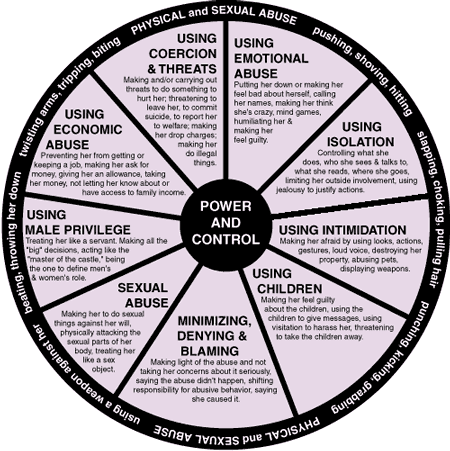What is Gender-Based Violence?
Gender-Based Violence (GBV) is actual or threatened physical, psychological, sexual, financial, verbal, or spiritual abuse of another person. This can include a person with whom a survivor has, or has had an intimate, familial or romantic relationship. GBV can also occur outside of any familiar relationship such as violence perpetrated by a stranger.
One in three Canadian women have experienced violence at the hands of a current or past intimate partner or other family member or abuser, since the age of 16 (Statistics Canada).
GBV is a serious and widespread societal problem. Women, trans, non-binary and gender-diverse folks of all ages, racial and ethnic backgrounds, sexual orientations, socio-economic classes, faiths, abilities, and professions can experience abuse. Rooted in the social, economic and political inequalities, the underlying causes of violence are related to imbalances of power and control between the survivor and their abuser.
Survivors who have experienced violence are likely to be impacted in all aspects of their lives – emotionally, physically, psychologically, spiritually, socially, and financially. It may affect work and intimate relationships. Some survivors may face additional obstacles and barriers related to childcare, housing, poverty and racism, as well as language barriers, isolation, immigration policies, fear of the legal system, and lack of experience accessing or navigating through social services and other systems.
Every person has the right to live without fear. If you are experiencing violence, you may wish to explore safety-planning and other steps you can take to try to keep yourself and your children safe. Remember that you are not alone and that help is available.
The same rights pertain to all survivors of violence, regardless of gender identity or of sexual orientation.
One in three Canadian women have experienced violence at the hands of a current or past intimate partner or other family member or abuser, since the age of 16 (Statistics Canada).
GBV is a serious and widespread societal problem. Women, trans, non-binary and gender-diverse folks of all ages, racial and ethnic backgrounds, sexual orientations, socio-economic classes, faiths, abilities, and professions can experience abuse. Rooted in the social, economic and political inequalities, the underlying causes of violence are related to imbalances of power and control between the survivor and their abuser.
Survivors who have experienced violence are likely to be impacted in all aspects of their lives – emotionally, physically, psychologically, spiritually, socially, and financially. It may affect work and intimate relationships. Some survivors may face additional obstacles and barriers related to childcare, housing, poverty and racism, as well as language barriers, isolation, immigration policies, fear of the legal system, and lack of experience accessing or navigating through social services and other systems.
Every person has the right to live without fear. If you are experiencing violence, you may wish to explore safety-planning and other steps you can take to try to keep yourself and your children safe. Remember that you are not alone and that help is available.
The same rights pertain to all survivors of violence, regardless of gender identity or of sexual orientation.
